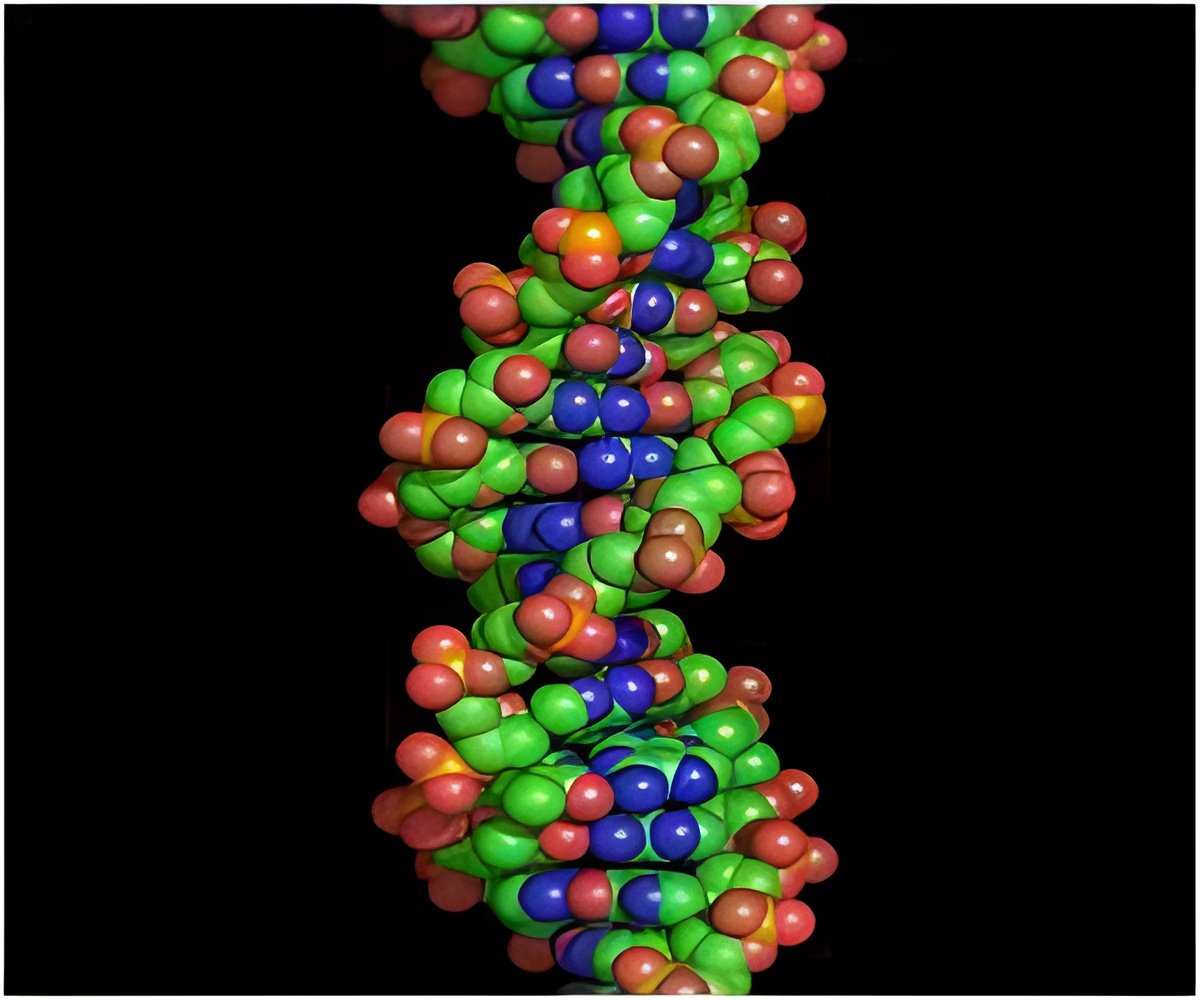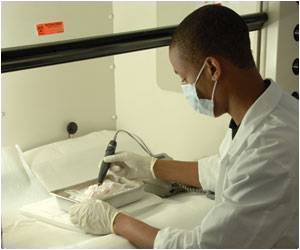Researchers shed new light on how to approach the development of vaccines, in particular, by further considering the role of various epigenetic perturbations.

‘After first encountering other immune stimuli, innate immune cells keep the attack in memory to respond more effectively and more rapidly to future attacks.’





To reach this conclusion, the researcher and his team inoculated a live strain of Mycobacterium tuberculosis (the pathogen that causes tuberculosis in humans) to dendritic cells, which make up the innate immune system "In addition to observing thousands of DNA methylation changes very quickly after infection, there was a significant loss of methylation, which was strongly linked to the activation of neighbouring genes," said the principal investigator of the study. Another surprising fact was that the reaction took place in the dendritic cells, whereas the latter did not multiply. "Normally demethylation occurs during cell division. The rapid triggering of this epigenetic change in cells that did not divide surprised us," said Alain Pacis, a doctoral student and first author of the study. "We must further explore the mechanism that makes this process possible."
Recent studies suggest that after first encountering a pathogen or other immune stimuli, innate immune cells keep the attack in memory to respond more effectively and more rapidly to future attacks, much like the adaptive immune system. According to Barreiro, the ability of these cells to remember past attacks can be explained by the lasting epigenetic changes that occur during the first infection. "Several clues lead us to believe that the innate immune system also has immunological memory, and the demethylation of DNA may play an important role in the acquisition of this memory. This is another avenue to verify."
Much remains to be done to explain the mysteries surrounding DNA methylation and the mechanisms by which it regulates the innate immune system and gives it a certain memory. Nevertheless, the discovery of the researchers sheds new light on how to approach the development of vaccines, in particular, by further considering the role of various epigenetic perturbations in triggering the immune response.
Source-Eurekalert










